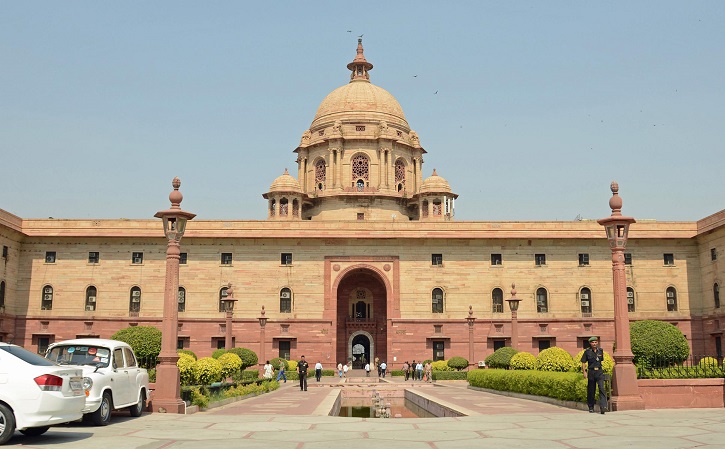“We’re fighting a cyber war for Bitcoin.” — Suril Desai
Suril Desai is an analyst at Nishith Desai Associates, one among a handful of law firms in India trying to develop a way to present the Bitcoin framework effectively so that its legitimacy comes from the fact that it is decentralized, rather than regulated.
The firm is soon to release its white paper for India on the topic of the Bitcoin.
Desai is an avid supporter of the cryptocurrency, and he caught up with Cointelegraph to share a few insights.

Cointelegraph: What got you interested in being the first mover in exploring the legal matters with Bitcoin in India?
Suril Desai: After nine years in the research team at Nishith Desai Associates, I came across Bitcoin and wasn’t quite sure about it. However, after attending a Bitcoin conference in Bangalore, I was convinced.
“Several Bitcoin exchanges were shut down due to a few misunderstandings by the government. That’s when we had a lot of bitcoin entrepreneurs approach us for advice. ... We found that Bitcoin per se is not illegal and have been active in advising the space ever since.”
After the conference, I happened to share a ride with Sunny Ray of Unocoin and met with the CEO of Butterfly Labs. There seemed to be a real momentum flowing in the Indian bitcoin market and at that point my firm had started gathering some knowledge about Bitcoin. Unfortunately, soon after this, several Bitcoin exchanges were shut down due to a few misunderstandings by the government. That’s when we had a lot of bitcoin entrepreneurs approach us for advice. After doing some research, we came out with a press conference, which was one of the first few instances of Bitcoin on the Indian TV. We found that Bitcoin per se is not illegal and have been active in advising the space ever since.
CT: Could you give me some of the best examples and some of the worst examples of legal treatment across the world that you have found for Bitcoin, and the comparison of that with India?
SD: In India there is only the one statement, which was released by the RBI [Reserve Bank of India] on 30 December 30, 2013, and is inconclusive in nature.
In terms of contrast to India, it is varying. Ecuador, Venezuela and Israel, for instance, are planning their own virtual currency.
The way I see it, it depends on how the Bitcoin community looks at it, whether it be as software, a currency, an intellectual property, a stock, a financial derivative, etc. That becomes difficult to predict as each has its own advantage and its own disadvantage. If you treat it like a currency, issuance becomes a big question, along with who exactly is regulating it.
“It should be a globally seamless virtual currency, and the world has to come together. Countries should not clash with each other.”
If it is a stock or an intellectual property, it could make it easier to stay deregulated. Alternatively, it could even be deemed a payment gateway, rather than a currency. Then there are less regulatory hurdles such as [experienced by] Paypal, Mastercard, Visa, etc.
The big idea is that it should be a globally seamless virtual currency, and the world has to come together. Countries should not clash with each other.
CT: The valuations for Bitcoin startups have been rising tremendously. Do you see any regulatory changes in the future with Bitcoin, after attaining this level of backing?
SD: The New York State [Department of] Financial Services had published a draft regulatory, but if you followed any online forum like bitcointalk, for instance, you’d find that people were very much against this.
Regulation of Bitcoin is like trying to build a garden in a jungle. Even though the garden might be a safe haven, the safety comes at a cost of diversity. So to come to a common ground on regulation is tough because then it would need to become a global currency and have governments collaborate, but in such times the political agenda takes over and the tech aspect can be overlooked.
“I am for decentralization, which would mean that there is no central body, but instead just demand and supply, which keeps everything natural.”
So essentially we are fighting a cyber war for Bitcoin.
The question we’re all asking is how do we use the framework effectively so that its legitimacy is in the fact that it is decentralized.
I am for decentralization, which would mean that there is no central body, but instead just demand and supply, which keeps everything natural.
CT: How should governments treat Bitcoin in India?
SD: I feel that the industry should self-regulate. Maximum governance and minimum government should be the approach. Risk disclosure and education to the public and keeping 'bad' characters out of the game is the responsibility of the industry — as they know how the game is played and how the system can be abused. If they do it right, not much regulation would be needed. In sum and substance, government should be watchful and industry needs to be careful.

